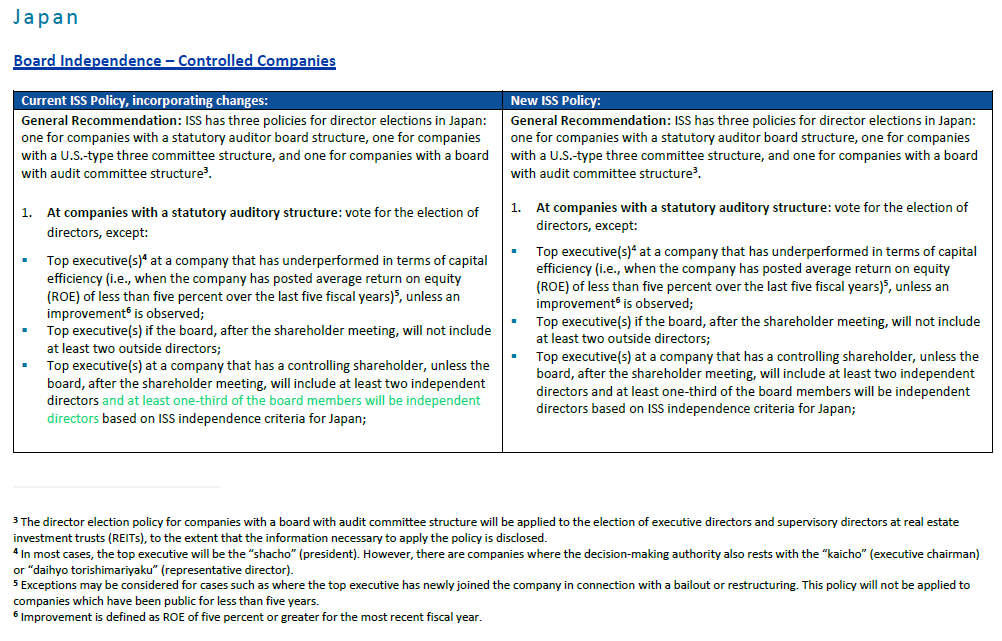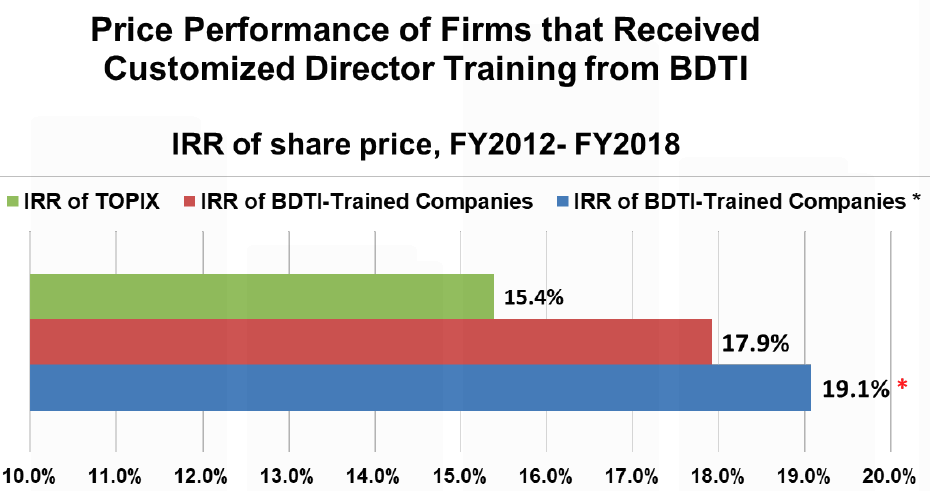
Prime Minister Abe’s requests to close schools nationwide, tele-work from home, and cancel sports events and public gatherings, have caused a great deal of strain on working mothers. More than ever before, now is the time when the Government of Japan (the GOJ) should be accelerating its stated policy to allow Japanese households to sponsor Foreign Domestic Workers (FDWs).
Women are being encouraged by the government to enter the labor force, with the expectation that they will become executives and join Boards of Directors. If the government expects to reach its own goal for women to constitute 10 percent all corporate directors during this year (2020), it will need to rapidly increase the range of “options” that women have for childcare and elderly care.


